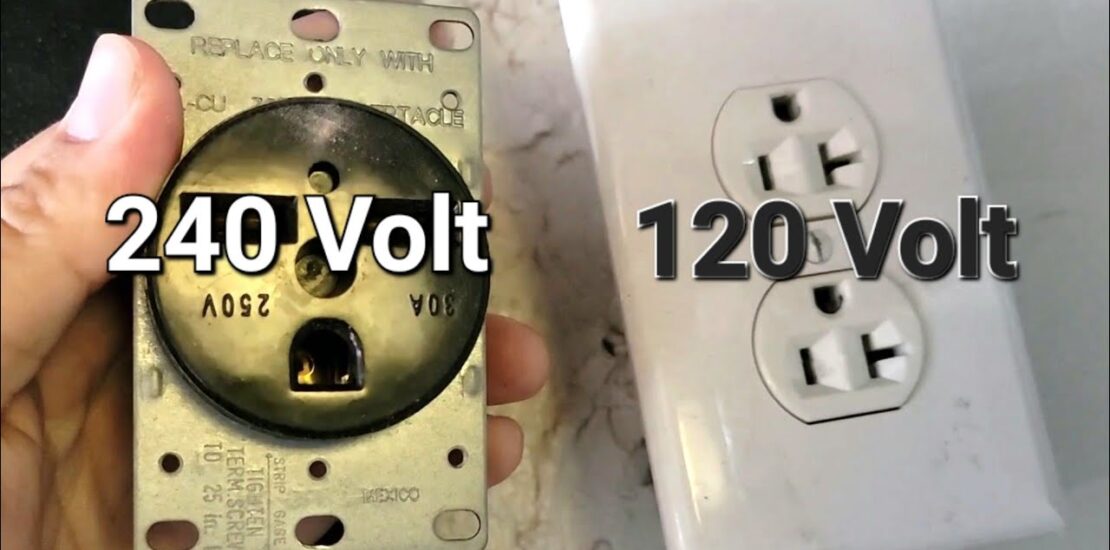How Much Does It Cost to Convert a 120V to 240V?
- September 4, 2024
- Posted by: admin
- Category: Blog

Converting electrical voltage from 120V to 240V can be essential for certain appliances and devices. The cost of this conversion depends on factors like the complexity of the wiring, required equipment, and professional labor.
This article will break down the expenses and considerations involved in the process.
Converting a 120V outlet to a 240V outlet typically costs between $250 to $800, comparable to installing a brand-new 240V outlet. The process involves running thicker wires from the outlet to the electrical panel and adding a dedicated circuit breaker with the appropriate amperage.
These essential steps ensure a safe and efficient transition to the higher voltage level.
Converting electrical voltage from 120V to 240V is a necessary step for various appliances and devices that require higher power levels. The cost of such a conversion can vary significantly depending on several factors that come into play during the process.
The complexity of the wiring required for the voltage conversion is a crucial determinant of the overall cost. Converting an outlet from 120V to 240V involves running new, heavier-gauge wires from the outlet to the electrical panel.
The length of the wiring needed and the accessibility of the existing wiring can influence the complexity of the installation. In cases where the wiring has to be installed through walls, ceilings, or other challenging locations, the labor costs are likely to increase.
The amperage required for the dedicated circuit breaker is another significant factor affecting the cost of the conversion. Appliances with higher power demands, such as electric stoves, water heaters, or charging stations for electric vehicles, may necessitate a higher amperage circuit breaker.
Ensuring that the dedicated circuit breaker matches the power needs of the appliances is crucial for safety and functionality. Higher amperage circuit breakers may cost more than standard ones, adding to the overall expenses.
Converting from 120V to 240V might require upgrading the electrical panel to accommodate the new wiring and circuit breaker. Older electrical panels may not have the capacity to handle the increased load, leading to the necessity of an upgrade.
The cost of upgrading the panel can vary depending on the size and capacity needed and may contribute significantly to the overall conversion expenses.
The compatibility of the appliances with the new voltage level is a vital consideration in cost estimation. Some appliances and devices may not support a higher voltage, necessitating additional modifications or replacement.
It is essential to assess the compatibility of all connected appliances and plan for any adjustments required to ensure their proper functioning after the voltage conversion.
Employing licensed electricians for the voltage conversion is essential to ensure safety and compliance with local electrical codes. The expertise and experience of the electrician can influence the labor cost.
While some simple conversions might be relatively straightforward, more complex installations will require skilled professionals [1], affecting the overall expenses.
The cost of converting from 120V to 240V varies depending on factors like wiring complexity, amperage requirements, electrical panel upgrades, and appliance compatibility.
Hiring professional electricians ensures a safe and successful conversion process. Assessing these elements beforehand helps in estimating the expenses accurately for a smooth transition.
